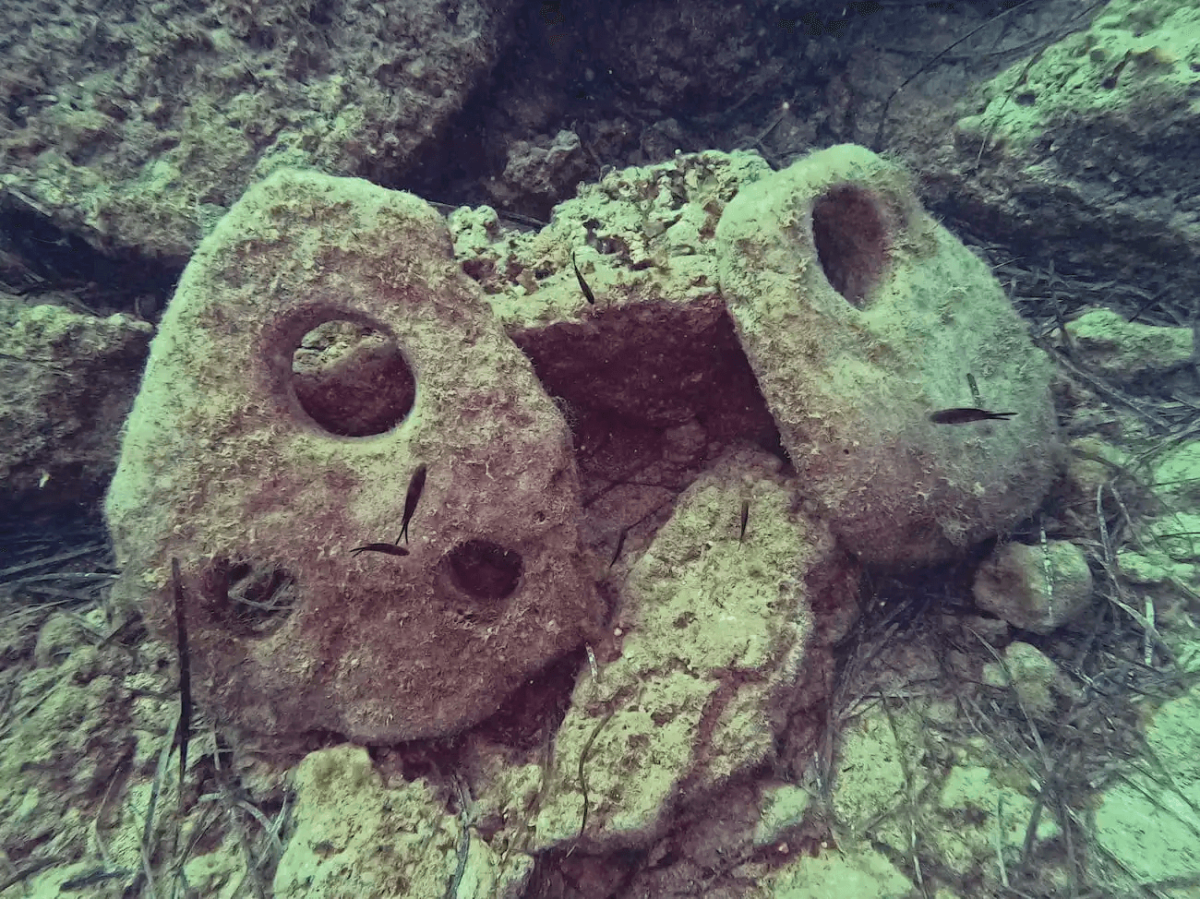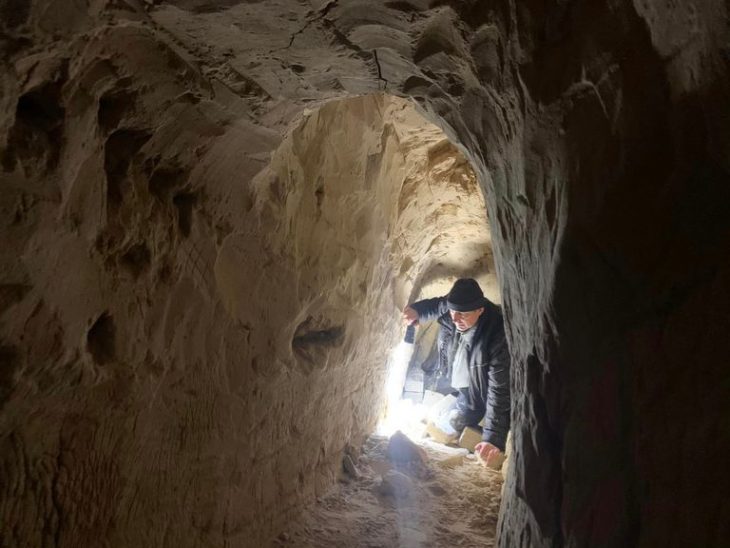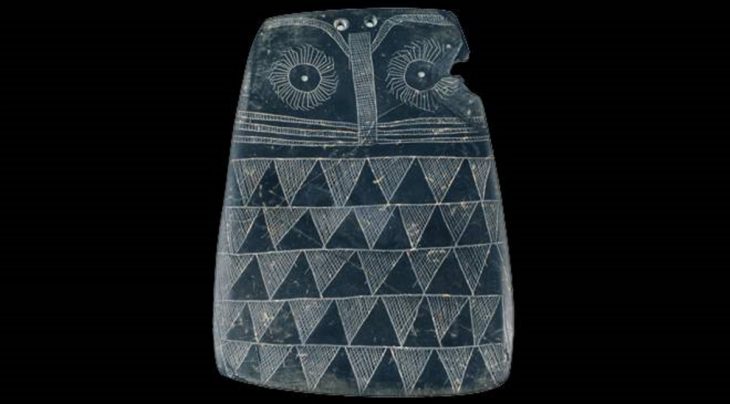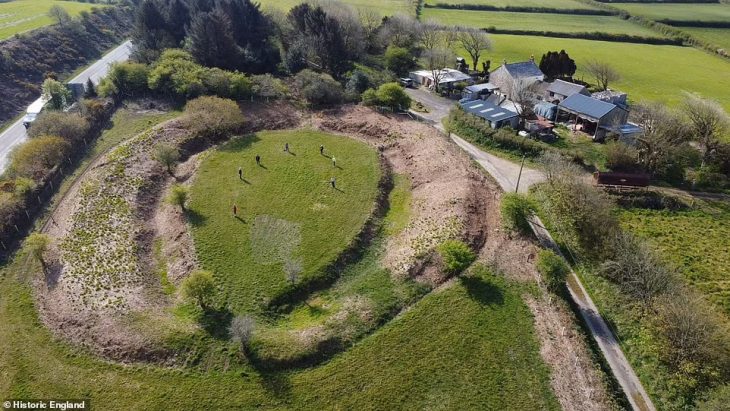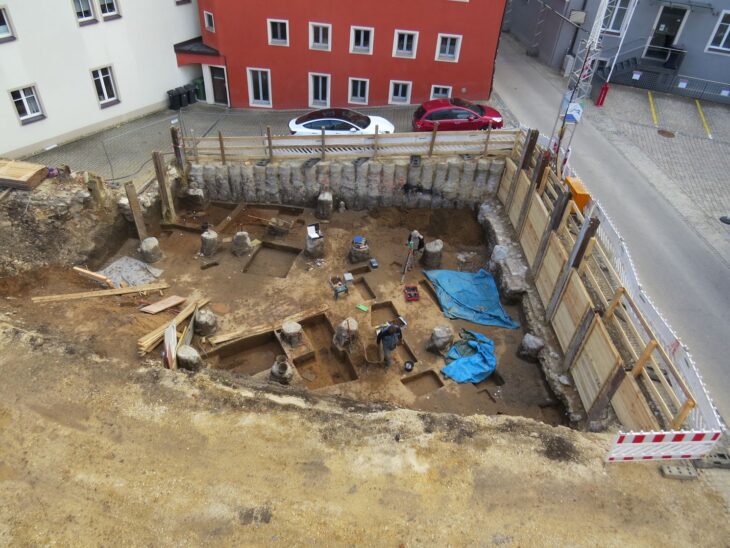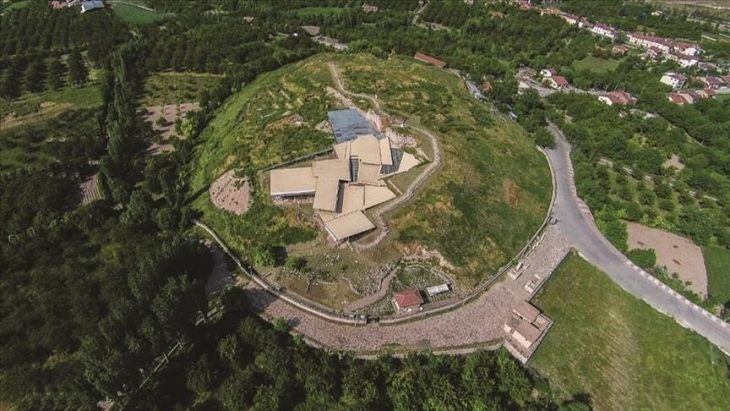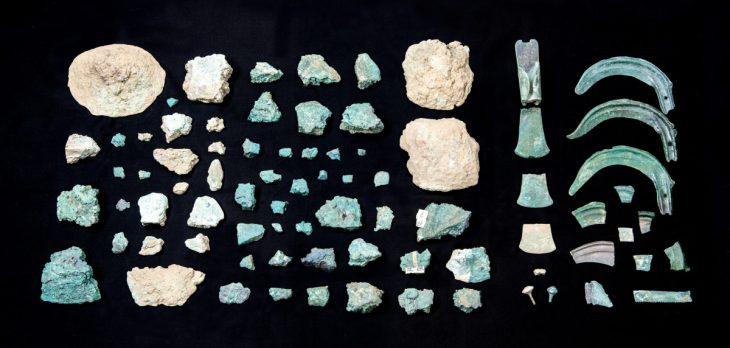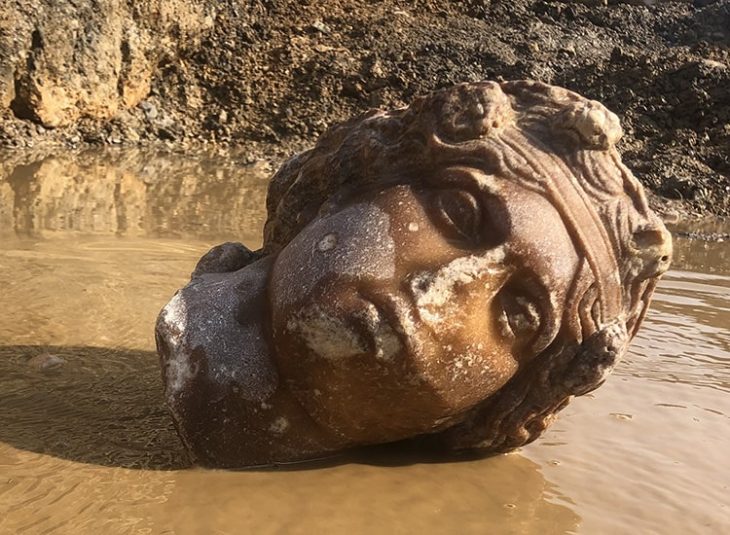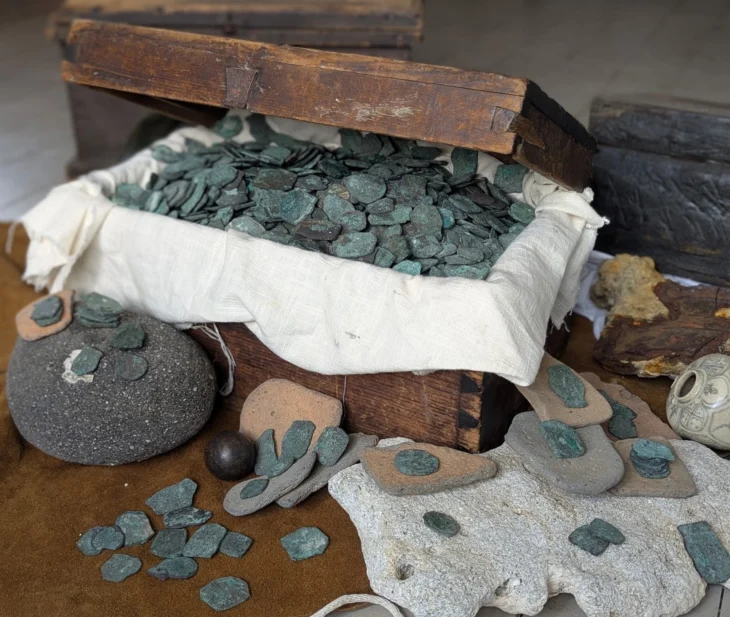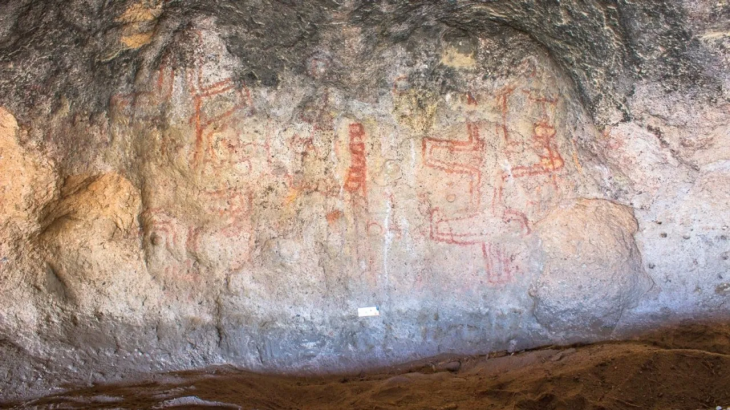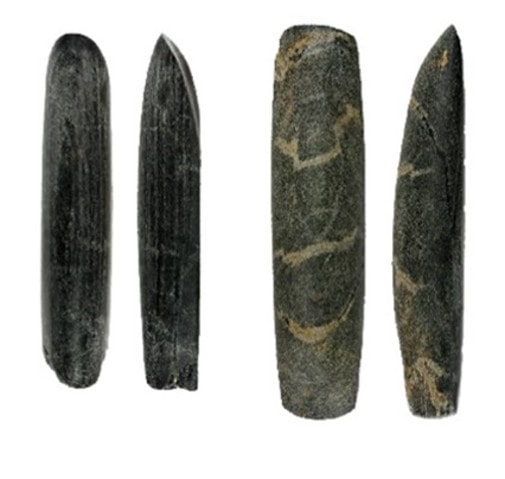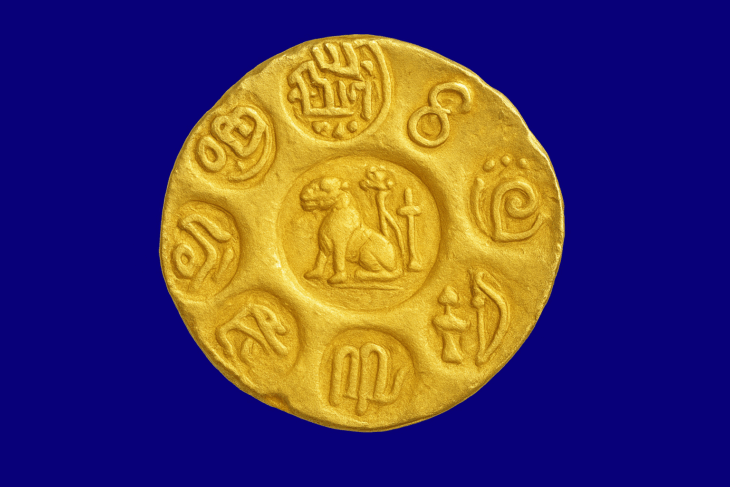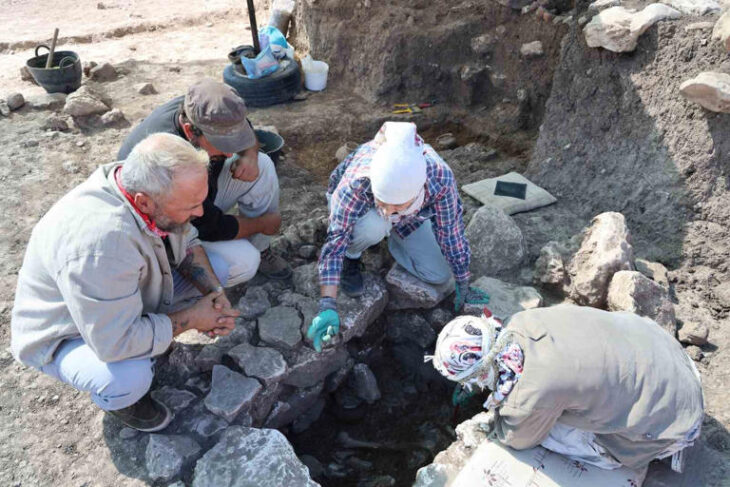During a joint operation by the Maritime Superintendency of the Sicilian Region and the Diving Unit of the Guardia di Finanza in Messina, two stone anchors from the Greek Archaic Period (800-480 BC) were discovered on the seabed off the coast of Syracuse, Sicily.
The verification and survey operation was triggered by a report from a citizen who informed the relevant authorities of the presence of two stone anchors on the seabed of Siracusa.
During the research, the two lithic anchors from the Archaic period (likely late Iron Age) were identified at a depth of 15 meters and documented with a three-dimensional photogrammetric study.
The two archaeological finds were situated near to one another on a rocky seabed mixed with Posidonia meadows. The first was an ovoid-shaped anchor (gravity with a distal hole), and the other was a three-holed lithic anchor (gravity and socket) measuring about 70 centimeters in size.
The two artifacts will be recovered in the coming days, to be later displayed in a local museum venue.
📣 Our WhatsApp channel is now LIVE! Stay up-to-date with the latest news and updates, just click here to follow us on WhatsApp and never miss a thing!!
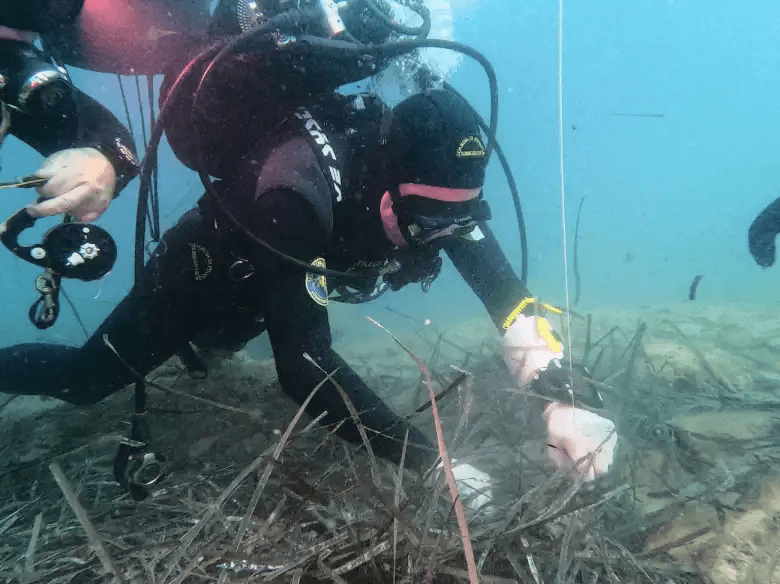
“This type of intervention,” says Regional Councillor for Cultural Heritage and Sicilian Identity, Francesco Paolo Scarpinato, “confirms the importance of collaboration between public agencies and law enforcement agencies in safeguarding cultural heritage. Also of great value is the collaboration of private individuals that, over the years, has casually led to the identification of numerous artifacts, with the only common goal of recovering and enhancing our cultural heritage.”
Divers from the Maritime Superintendency and the Diving Unit of the Guardia di Finanza in Messina inspected and documented a large marine area of approximately 250 square meters to confirm the presence of more archaeological evidence.
This type of intervention emphasizes the importance of citizen participation in cultural heritage protection and preservation. Sensitivity to submerged heritage, thanks to the involvement of the police, allows citizens and state administrations to strengthen their relationship with the common goal of protecting cultural heritage.
Cover Photo: Soprintendenza del Mare / Regione Siciliana

